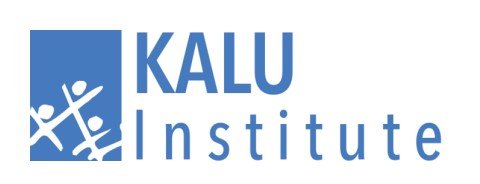- Diploma, technical level – Official
- Bachelor’s Degree, professional level – Official
- Expert Course – Unofficial
- Master’s Degree or Diploma – Unofficial (*)
- Official Masters Degree – Official
- Doctorate – Official
On successful completion of each course, a private Continuing Education certificate (non-official) qualification from Kalu Institute is awarded. The qualifications are increasingly recognised among NGOs given that the content and methodology of the courses offered are well suited to their requirements. The validity of these qualifications for recruitment processes depends on the particularities of the institution or organisation.
Before starting the course, students may cancel their registration and request a refund from which 20% of the course value will be deducted. For example, for a course costing €1000, of which €500 had been paid, €300 would be refunded; the remaining €200 would not be returned
Once the course has started no refunds will be made.
As our Master’s degree is offered by a private institution, there are no particular requirements and no official qualification is required.
However, we recommend you to have:
– Intermediate/Advanced level of the language of the course.
– User level computing.
– Diploma or Bachelor’s Degree, or some professional experience in the humanitarian sector.
